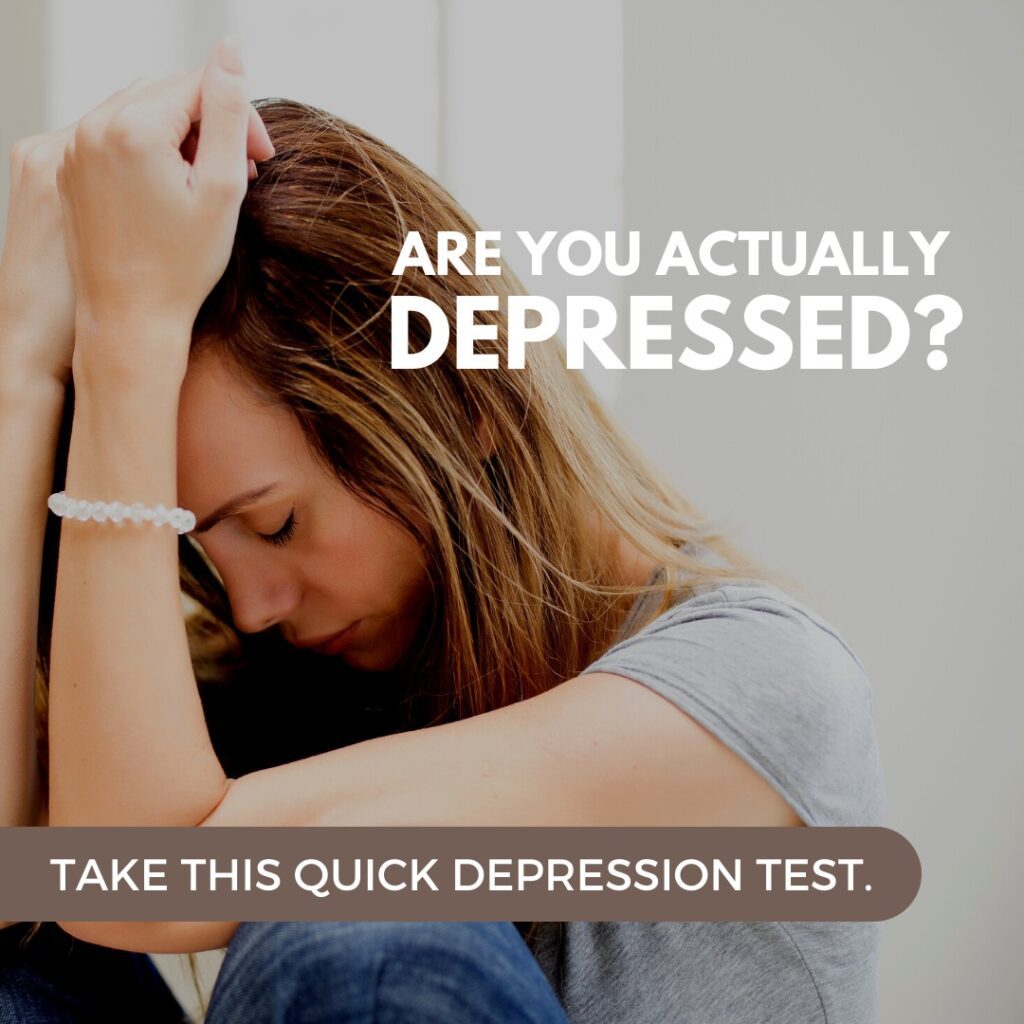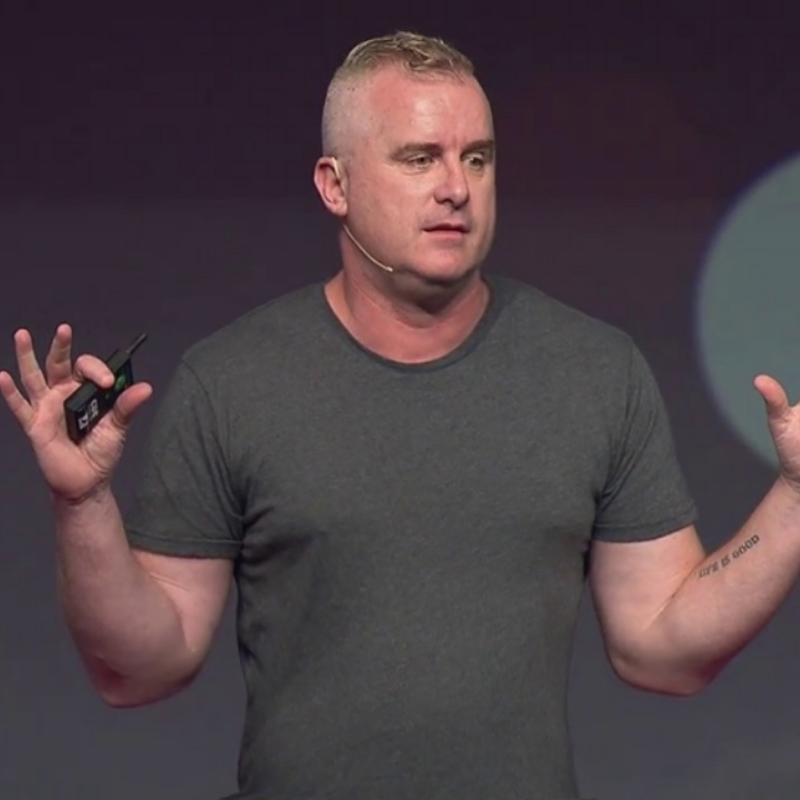Religion and spirituality can play a significant role in our lives, especially when it comes to mental health.
However, navigating the intersection of religion and mental health can be challenging.
As a therapist, I understand that spirituality is often intertwined with my clients’ mental health, and it deserves careful consideration and attention.
Sharing Your Spiritual Beliefs with Your Therapist
One way to start the conversation about your spirituality in therapy is to share your spiritual beliefs and how they relate to your mental health concerns with your therapist.
This conversation can help your therapist better understand your perspective and develop a treatment plan that aligns with your beliefs and values.
Additionally, your therapist can help you explore your spirituality as a potential source of support and coping.
Finding a Therapist with Experience in Religious or Spiritual Counselling
It’s also important to know that not all therapists have specific training or experience in religious or spiritual counselling.
If you feel that your spiritual beliefs are a crucial aspect of your mental health and therapy, you may want to consider finding a therapist who has experience in this area.
Creating a Supportive and Non-judgmental Environment
As a therapist, I strive to create a supportive and non-judgmental environment where my clients feel comfortable exploring their spirituality.
I understand that spirituality can be a valuable resource for some individuals, while for others, it can be a source of distress or trauma.
My goal is to empower my clients to explore their spirituality in a way that feels authentic and meaningful to them.
Balancing Your Spiritual Beliefs with Your Mental Health Needs
In conclusion, the intersection of religion and mental health can be complex and challenging, but it’s an essential conversation to have when it comes to therapy. It’s important to work with a therapist who respects and understands your spiritual beliefs and how they relate to your mental health.
By exploring your spirituality as part of your therapy, you can gain a better understanding of yourself and how to balance your spiritual beliefs with your mental health needs.
Have you found it helpful to explore your spiritual beliefs in therapy? How has your spirituality impacted your mental health?
Please feel free to share your experiences in the comments below.










This is something that I struggled with a lot. I have found counsellors in the past didn’t get my need to be ‘spiritual’ and they wanted me to be ‘religious’ instead. So annoying. And unhelpful.